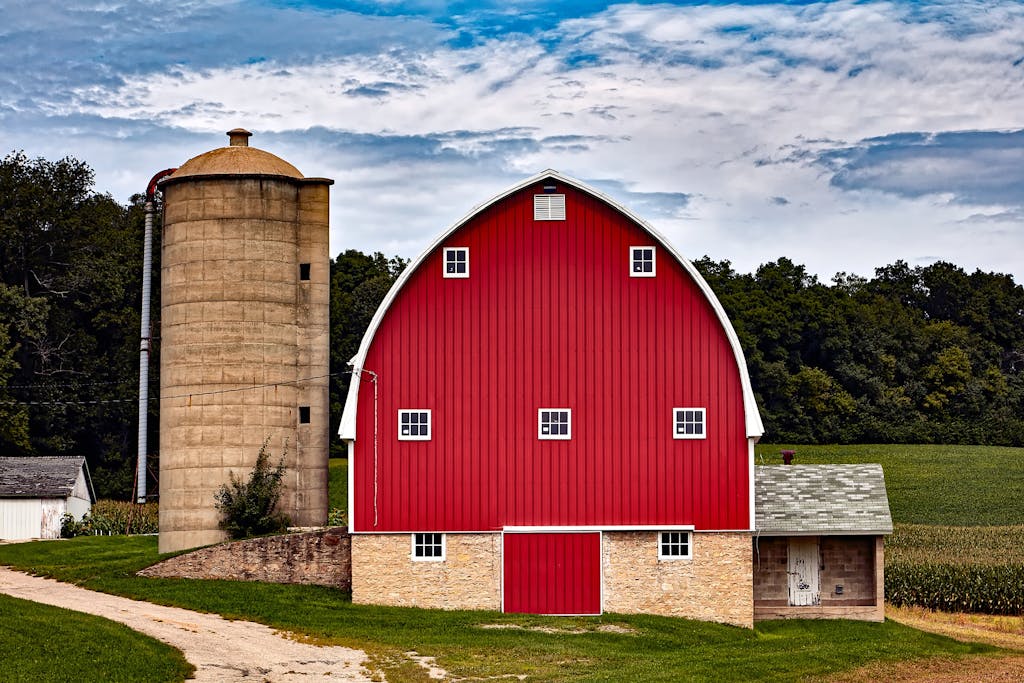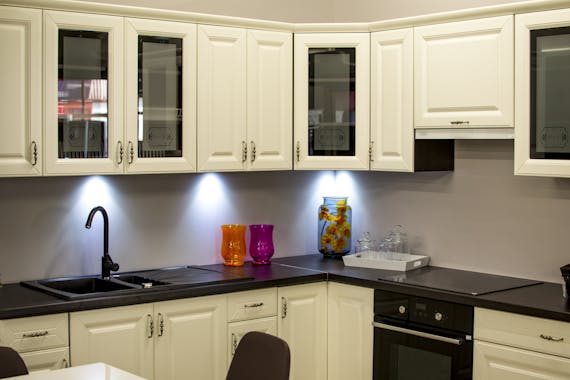Eco-Friendly Farmhouse Renovations for the Conscious Homeowner

The world is becoming increasingly conscious of the impact we have on our environment. As a result, sustainable and eco-friendly practices are quickly gaining popularity in every industry, including home renovations. If you’re a homeowner looking to renovate your farmhouse while keeping the environment in mind, you’ve come to the right place.
In this guide, we will explore some eco-friendly farmhouse renovations that not only benefit the environment but also add value and charm to your home.
Understanding the Basics of Eco-Friendly Renovations
Before diving into specific renovation ideas, it’s important to understand the concept of eco-friendly renovations. Essentially, these are home improvement projects that aim to reduce our carbon footprint and promote sustainable living. This can be achieved through various methods such as using environmentally friendly materials, incorporating renewable energy sources, and implementing efficient practices.
Eco-friendly renovations not only benefit the environment but also provide cost savings in the long run. By reducing energy consumption and using sustainable materials, you can lower your utility bills and reduce maintenance costs over time.
Eco-Friendly Farmhouse Renovation Ideas
Now that we have a basic understanding of eco-friendly renovations, let’s explore some specific ideas for your farmhouse.
1. Install Solar Panels
Solar panels are a great way to reduce your home’s reliance on non-renewable energy sources. By harnessing the power of the sun, you can generate clean and renewable electricity for your farmhouse. This not only helps the environment but also saves you money on electricity bills.
2. Use Reclaimed or Recycled Materials
When renovating your farmhouse, consider using reclaimed or recycled materials such as salvaged wood, recycled glass, and repurposed metal. These materials not only add a unique and rustic charm to your home but also reduce the demand for new resources.
For instance, for the exterior doors of your farmhouse, opt for reclaimed barn wood instead of buying new ones. This not only adds character to your home but also reduces the need for cutting down more trees.
3. Implement Passive Heating and Cooling Techniques
Passive heating and cooling techniques use natural elements such as sunlight and airflow to regulate the temperature inside your farmhouse. By incorporating features like large windows for natural light and cross-ventilation for cooling, you can reduce the need for heating and air conditioning.
Additionally, installing a green roof or a living wall can also help with insulation and temperature regulation. These features not only benefit the environment but also add beauty to your home.
4. Upgrade to Energy-Efficient Appliances
When renovating your farmhouse, consider upgrading to energy-efficient appliances. These appliances use less energy, contributing to a lower carbon footprint and saving you money on utility bills. Look for appliances with an Energy Star rating, which indicates their energy efficiency.
5. Incorporate Rainwater Harvesting System
A rainwater harvesting system collects and stores rainwater that can be used for various purposes such as watering plants and flushing toilets. This reduces the demand for freshwater and also helps to prevent stormwater runoff, a major cause of water pollution.
6. Install Low-Flow Fixtures
Low-flow fixtures such as faucets, showerheads, and toilets use less water, therefore reducing your home’s water consumption. This not only helps the environment but also saves you money on water bills.
Conclusion
Now that you have some eco-friendly renovation ideas for your farmhouse, it’s time to start planning and incorporating them into your project. By choosing sustainable materials, implementing energy-efficient techniques, and using renewable energy sources, you can make a positive impact on the environment while also creating a beautiful and functional home. Let’s work together to create a greener and more sustainable future for our planet.









Comments are closed.